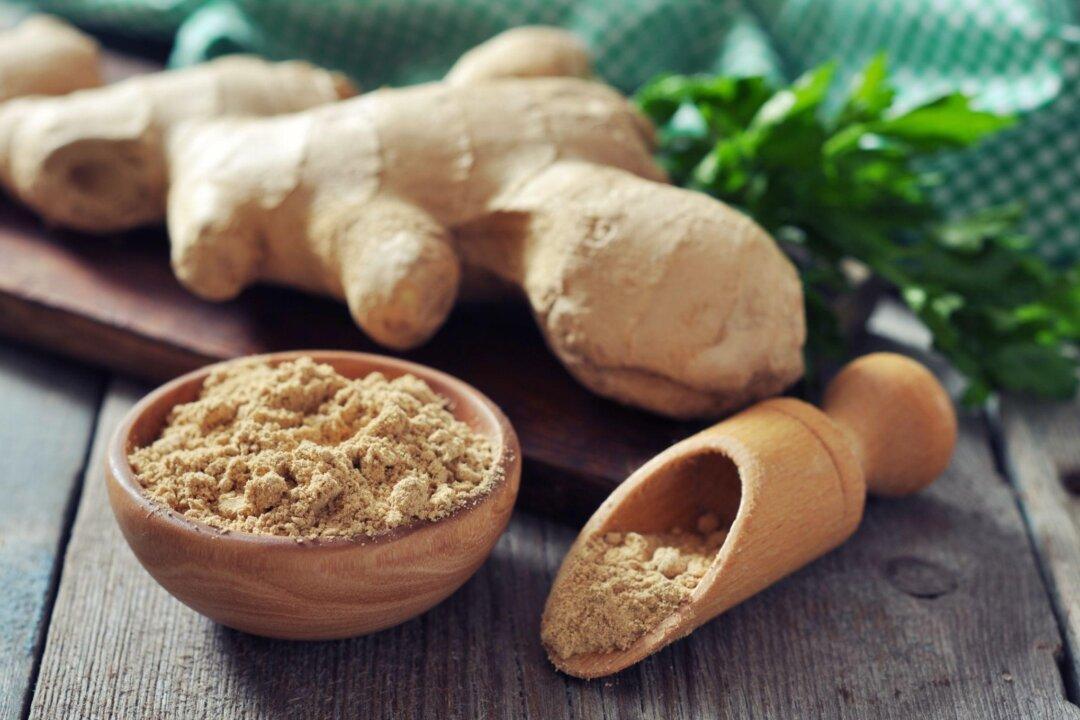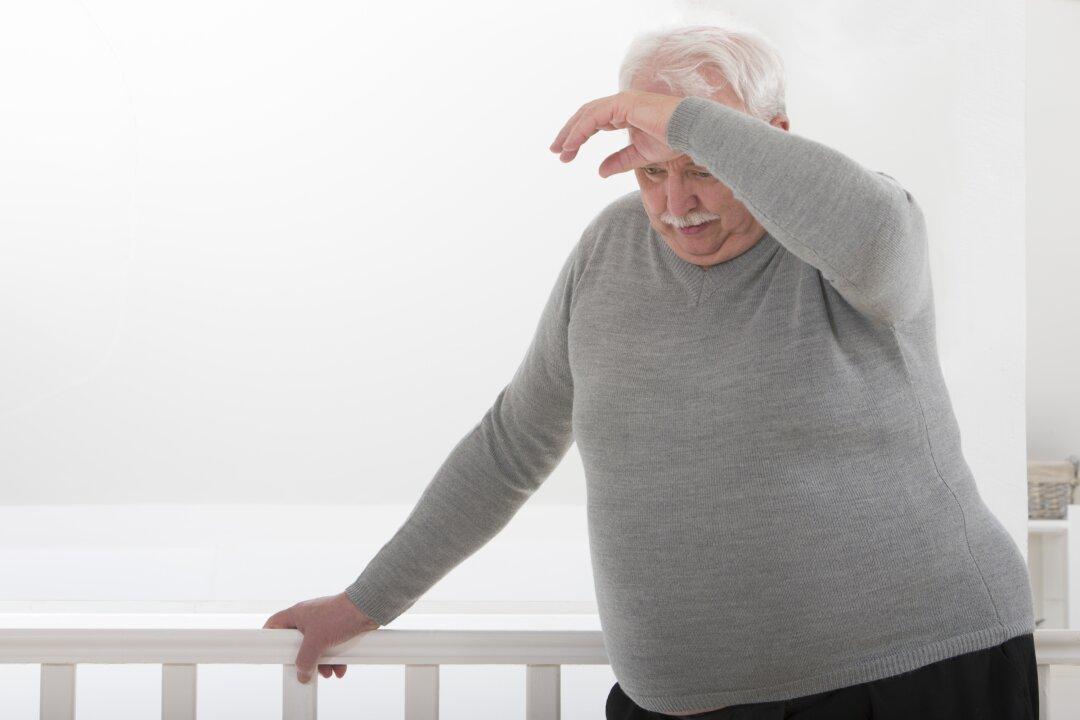Cancer is a multifaceted disease with various contributing factors, and psychological and emotional states are increasingly recognized as significant influences.
Examining the link between these factors and cancer development reveals how negative emotions and stress can affect the body’s natural defenses, while positive emotions and energy regulation may offer potential benefits. Stress may accumulate in one’s body and mind, causing a blockage in energy and blood flow, which slowly accumulates into some forms of cancer.
Psychiatrist and spiritual teacher Dr. David R. Hawkins wrote in his book “Power vs Force: The Hidden Determinants of Human Behavior” that human emotions are related to physical energy. Through research, he found that positive emotions such as being optimistic and tolerant, as well as having inner joy, tranquility, and peace of mind can increase the vibration frequency of particles in the body, which is beneficial to the body and mind.
Linking Psychosocial Factors and Cancer
Studies support the idea that psychosocial factors can influence cancer outcomes.- Persistent feelings of resentment and anger stemming from past events
- Ongoing regret and self-blame, which can lead to depleted energy levels
- Psychological entanglement arising from the inability to resolve complex problems
The Role of the Immune System
Mood disorders can cause endocrine disorders and lead to a weakened immune system. The immune system plays a crucial role in preventing cancer by identifying and destroying cancerous cells. However, when the immune system is compromised, cancer cells may evade detection, leading to tumor growth, spread, and metastasis.Stress, Cardiovascular Health, and Endorphins
Experiencing frequent agitation, anger, or stress can negatively impact both mood and physical health. Studies have shown that daily stress buildup can raise stress hormones, tighten blood vessels, and harm the heart.Traditional Hawaiian Healing
Traditional Hawaiian healing practices emphasize the importance of resolving conflicts and fostering forgiveness for overall health. In ancient Hawaii, sick patients were encouraged to examine their lives, address any outstanding debts, and reconcile with those with whom they had disagreements. Mediating conflicts peacefully, seeking forgiveness, and practicing self-forgiveness were considered essential for untying emotional knots and restoring energy flow within the body.Ways to Regulate Negative Emotions
Positive emotions can help adjust our bodies to the pronounced effect. But how do we shift out of negative emotional states into positive ones?When you have too much negative energy, you can try to balance it. Think of something positive and joyful, let these pictures enter your mind, and gradually tip the balance from the negative emotions, eliminating the negative energy.
Therefore, even if you are in pain, try a smile on—it makes it easier for you to get through bad situations.
The increase in positive energy not only comes from expanding one’s psychological capacity and making it brighter, but one can also try other means such as basking in the sun.
For example, turn your back facing the sun in the morning and your belly to the sun in the afternoon. By doing this, you can increase your body’s positive energy by enjoying the sun’s rays. Sun exposure also warms the body and elevates positive energy levels.







